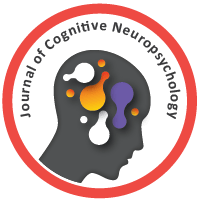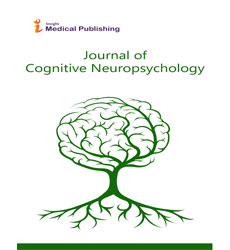The characteristics of substance abusers attending a detox hospital in Oman and patterns of their utilization of healthcare services
Abstract
Received: May 13 ,2022; Accepted: May 20,2022; Published: May 27,2022
A cross sectional study was conducted in a tertiary care center for alcohol and drug abuse in Oman. Thepatients who are in treatment for detox were selected from a convenience sample from among patients who wereseeking consultation for alcohol and drug abuse at the center. A six-part questionnaire was designed to solicit theirsocio-demographic background and clinical history, as well as healthcare utilization and its perceived barriers. Chisquare analysis was used to evaluate significance of differences among categorical data. Logistic regression modeling was used to obtain measures of associations after adjusting for confounding factors. Among patients (n=293) seeking detox, 99% were male and younger than 30 years. A peer influence on theinitiation to substance abuse problems was significant. Most patients had poly-substance abuse problems includingintravenous drug abuse. Cannabis and alcohol were the first substances consumed by most patients. Hepatitis Cand psychiatric disorders were found to be the most common co-morbidities. Those dependent on cannabis and benzodiazepines were more likely to perceive “improvement” upon receiving detox.

Open Access Journals
- Aquaculture & Veterinary Science
- Chemistry & Chemical Sciences
- Clinical Sciences
- Engineering
- General Science
- Genetics & Molecular Biology
- Health Care & Nursing
- Immunology & Microbiology
- Materials Science
- Mathematics & Physics
- Medical Sciences
- Neurology & Psychiatry
- Oncology & Cancer Science
- Pharmaceutical Sciences
